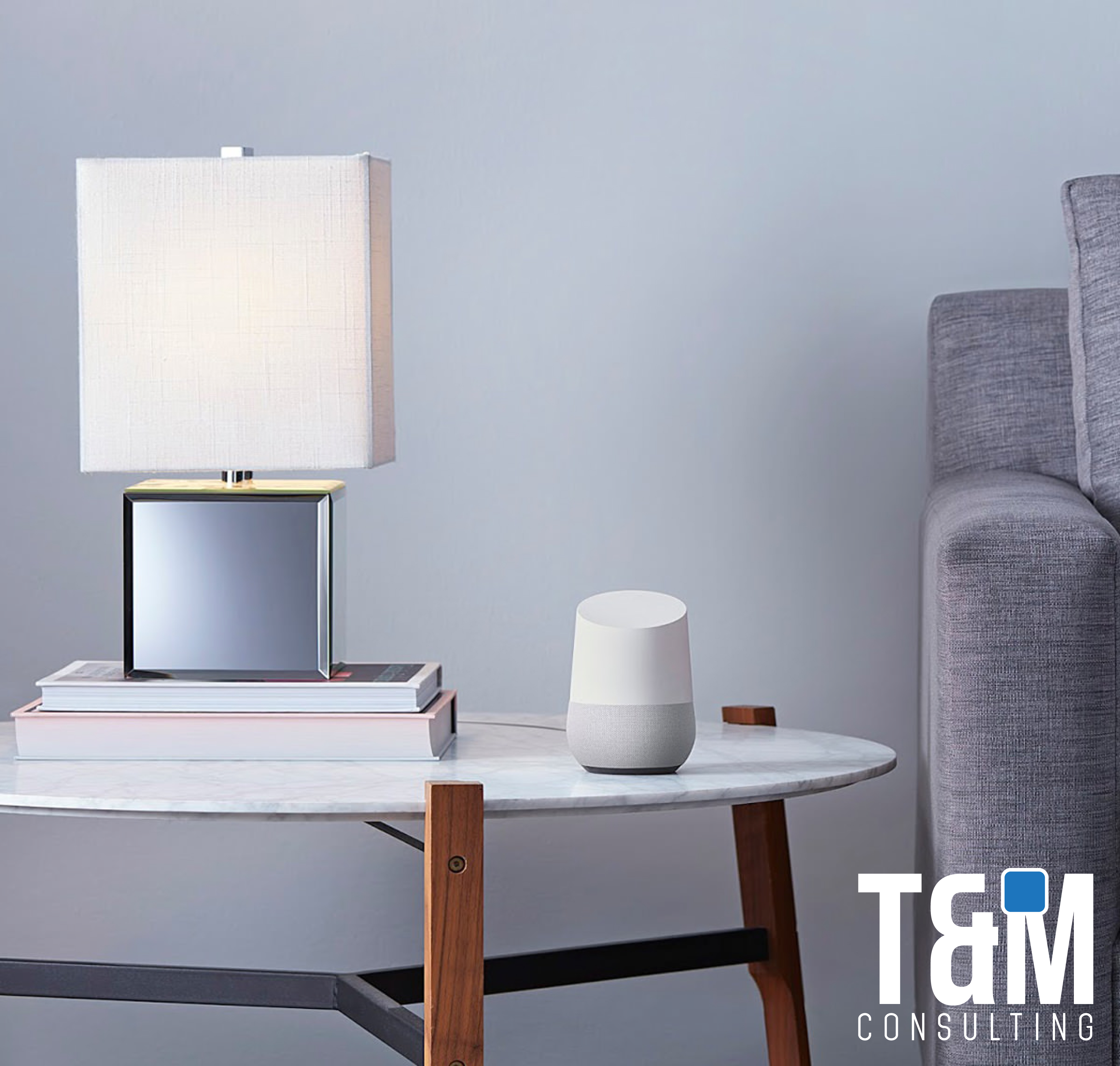The virtual assistants will be the “Must to Have” in your home for this 2019.
In 2015, Amazon birthed the Echo, the artificially intelligent speaker featuring the virtual assistant known as Alexa. A year later, Google responded with Home, its smart speaker powered by Google’s own digital companion, called Assistant.
Since then, they’re in a battle to become your go-to digital companion. The two tech giants have teamed up with makers of home and cotidine devices. Like thermostats, doorbells, light bulbs and car accessories to add their virtual assistants to them.
Google is expected to be even more aggressive this year with its Assistant. The company will triple the size of its presence at CES this year, suggesting that it is likely to unveil a large array of products that work with Assistant.
“We’re really leaning into the Assistant as the best way to get things done, helping you for lots of things as you go about your day,” said Nick Fox, a Google executive who oversees Assistant.
Amazon said it would also showcase a wide range of technologies, as part of a vision it calls Alexa Everywhere. The company’s goal is to expand the reach of its virtual assistant into every part of people’s lives. Including the kitchen, the living room, the office and the car.
For you and me, here’s a cautionary note: Virtual assistants are still in their infancy and have many shortcomings. We have to speak a very specific command to trigger a virtual assistant to control a device. Like setting the temperature on a thermostat or turning on a lamp. Those unfamiliar with the lingo may find the devices even more difficult to use than pressing a button inside an app.
“We still have to learn their language, and they have not learned our language,” said Frank Gillett, a tech analyst for Forrester, a technology research company.
The truth about virtual assistants is whether people truly want an omnipresent companion involved in their everyday tasks. Owners of smart speakers mostly summoned digital assistants for basic functions. Like listening to music, checking the weather and setting a timer, according to research by Nielsen last year.


